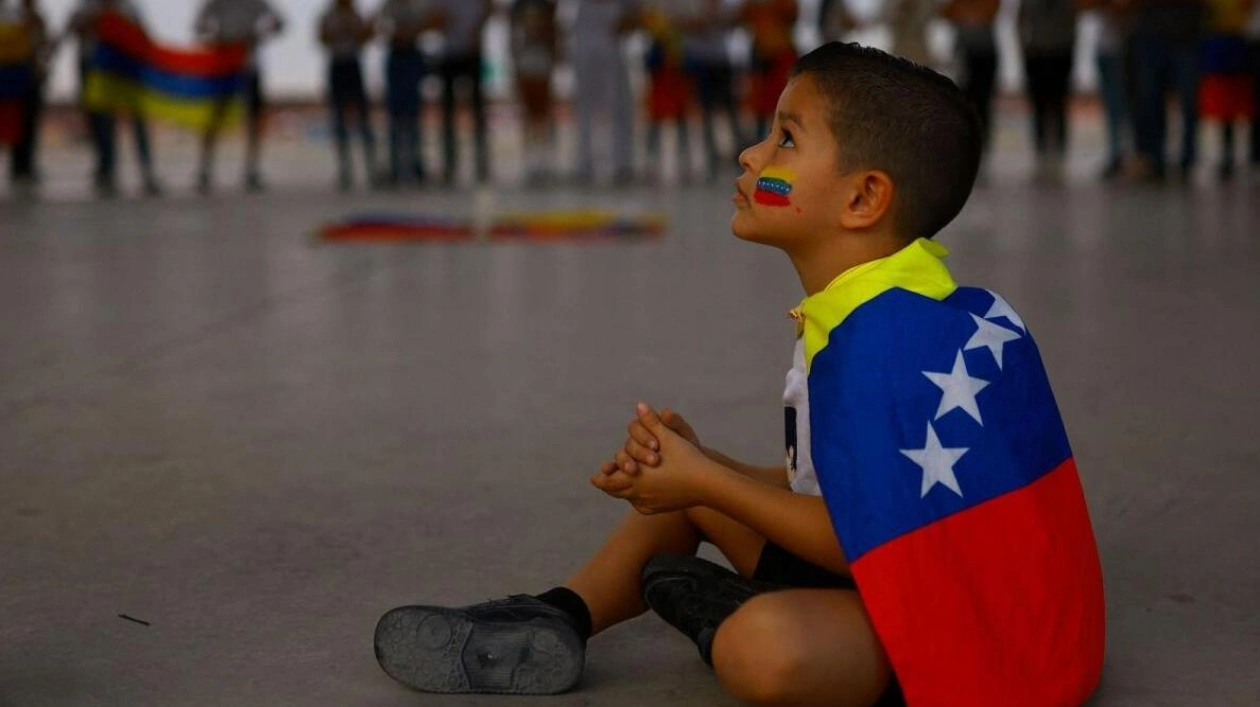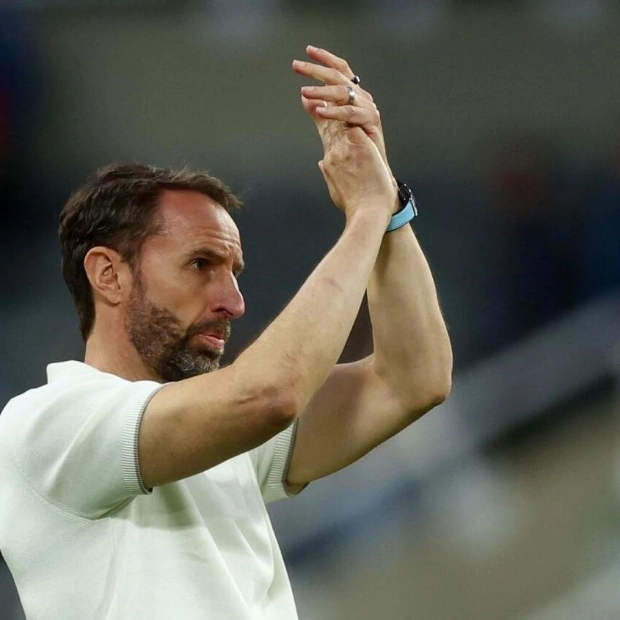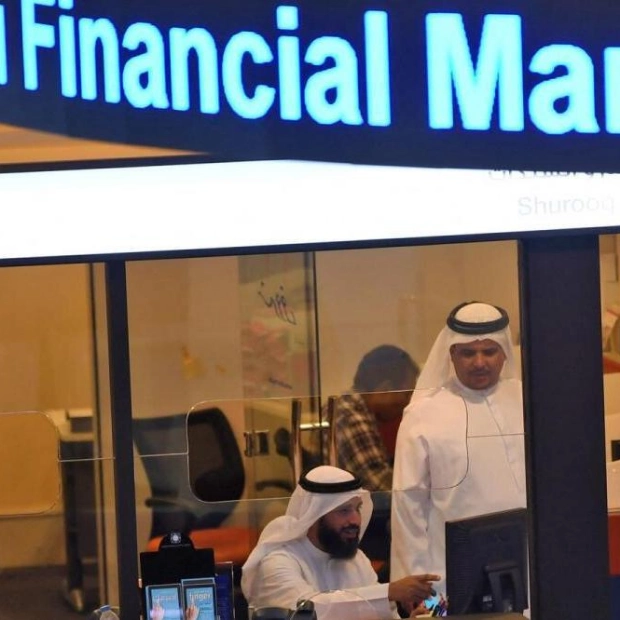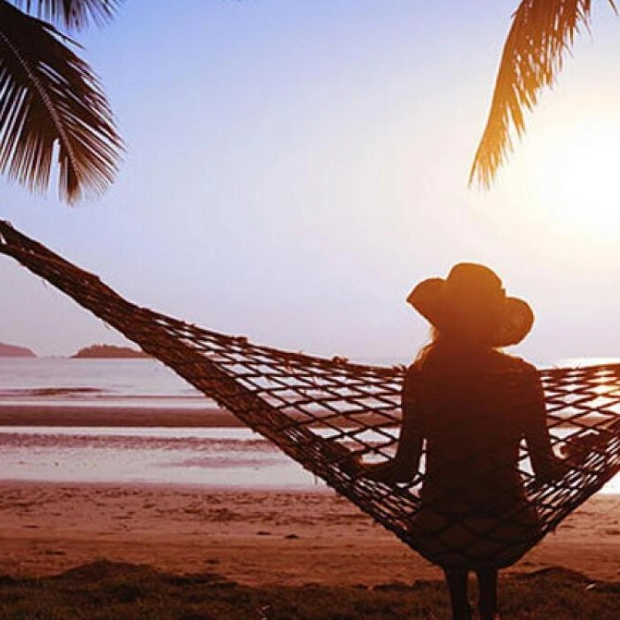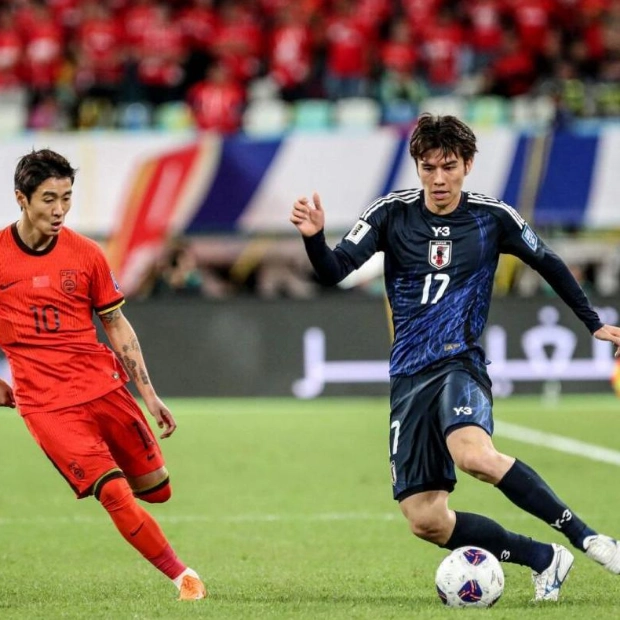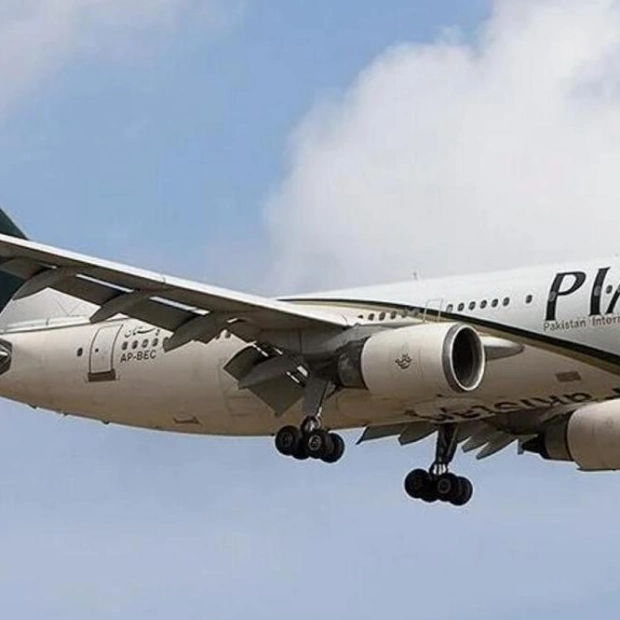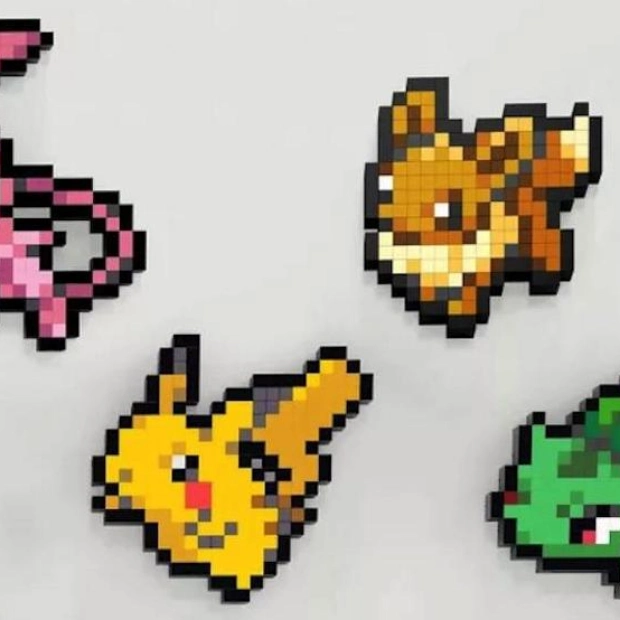Thousands of Venezuelans took to the streets throughout the country on Saturday to protest the disputed election results. President Nicolas Maduro informed his supporters that approximately 2,000 individuals had been arrested during the demonstrations against the election outcome. The country's electoral body, which has been criticized for allegedly favoring the ruling socialists, declared Maduro the victor in the election held the previous Sunday, stating that he secured 51% of the votes compared to 46% for the opposition candidate, Edmundo Gonzalez. The electoral authority confirmed this margin on Friday. The announcement of the election results led to widespread accusations of fraud and sparked protests, which the government responded to with a heavy-handed approach, labeling the protests as part of a U.S.-backed coup attempt.
"There will be no leniency this time," Maduro declared at a rally in Caracas, where he claimed that around 2,000 people had been detained for alleged offenses during the protests. He vowed to enforce the harshest penalties. Maduro's supporters argued that they were safeguarding democracy. "We are here today in response to our president's call... to protect democracy," stated Alfredo Valera, the president of Venezuela's Fontur union, who participated in a pro-government convoy in Caracas, as reported by state television. Meanwhile, opposition supporters marched to demand justice, encouraged by the presence of leader Maria Corina Machado, who came out of hiding on Saturday to join the protests in Caracas.
"Just as it took us a long time to secure our electoral victory, now we enter a phase that we face day by day, but we have never been as strong as we are today, never," Machado told her supporters in Caracas. Her presence on the streets was a source of joy for her supporters, especially after she disclosed in a Thursday op-ed for the Wall Street Journal that she had been in hiding and was afraid for her life. Demonstrations also occurred in other cities such as Valencia, Maracaibo, and San Cristobal.
"I won't deny it's a bit frightening to see the security forces passing by," remarked vendor Maria Luzardo, 46, in San Cristobal. "If Machado is brave enough to be on the streets despite the threats, then so are we. Venezuela is calling us." According to advocacy groups, at least 20 people have been killed in the post-election protests, including those reported by U.S.-based Human Rights Watch. The government has reported that approximately 1,200 individuals have been arrested in connection with the demonstrations. Throughout the week, some Venezuelans have gathered outside police stations, seeking information about their detained family members.
The Organization of American States called for peace in Venezuela ahead of the planned demonstrations. "Today we urge that there not be one more political prisoner, nor one more tortured person, nor one more disappeared person, nor one more murdered person," the OAS stated, having previously deemed the election results unreliable. Countries such as the U.S. and Argentina have recognized Gonzalez as the legitimate winner of the election, with U.S. Secretary of State Antony Blinken citing "overwhelming evidence" on Thursday. Costa Rica, Ecuador, Panama, and Uruguay also concluded on Friday that Gonzalez had received the majority of votes. In contrast, countries including Russia, China, and Cuba have extended their congratulations to Maduro.
